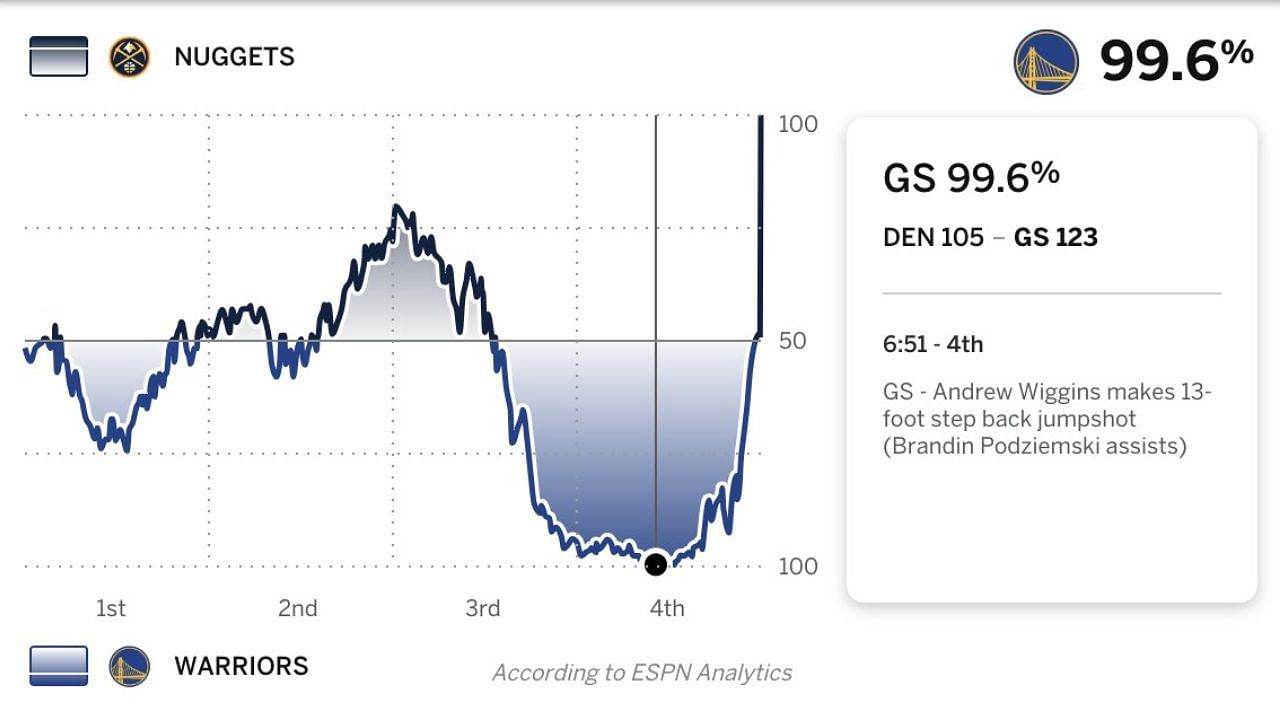Strategically positioning yourself and evaluating your performance with the metrics that matter will put you ahead of the competition, according to consultant Diana Zaya.
If vanity is characterized by excessive pride in or admiration of one’s own appearance or achievements, then vanity metrics can be defined as statistics that present a superficially impressive facade.
The problem with vanity metrics is that they don’t reveal anything substantive about one’s business. Rather, they are used by many to create the appearance of success.
Real estate agents are frequently accused of overusing vanity metrics. In the highly competitive world of real estate, social proof matters and agents with the most perceived credibility will often get the client. This creates an environment of intense pressure to keep up with others as well as showcase oneself as the picture of success rather than focusing on actual performance.
What are vanity metrics and how do you spot them?
In preparation for writing this article, I decided to conduct a simple experiment: I logged into my Facebook account and began scrolling through my feed. Within a mere 10 seconds, I encountered a post from the “No. 1 Realtor” in my network. Soon after, the “No. 1 Team” made its appearance.
With so many agents claiming to be the best in their market, public skepticism is understandably on the rise regarding which agent is genuinely most qualified to represent them. The use of vanity metrics isn’t only restricted to highlighting oneself as the best agent in a particular market, as they can be found in many forms.
These superficial stats can be easily spotted by looking for a few telltale signs and agents would benefit from taking an honest look at their business. First, ask yourself if what you’re measuring is actually helpful to your business. Getting a thousand views on a listing is useless if that listing doesn’t sell and having several thousand social media followers doesn’t mean anything if it’s not producing clients.
Additionally, conduct a self-check to see if you’re being misleading, either to yourself or to your audience. Being the “No. 1 Realtor” in your geographic farm is not totally transparent if there were only three homes sold last year in that area. Overusing vanity metrics to the point that it begins to create a false image undermines not only the integrity of the agent but also the industry as a whole.
Lastly, our leaders need to be mindful of the volume and frequency of awards handed out. Certainly, brokerage leaders should reward outstanding agents. However, excessive recognition undermines true achievement.
When I was an agent years ago, I recall receiving an award for the highest YOY increase in volume in a single month by a newer agent. While these acknowledgments are generally well-intentioned, real estate leaders should still be mindful of the level of recognition awarded.
Pitfalls of vanity metrics
Relying on vanity metrics comes with several hazards. They can create a false sense of success, leading agents to make poor business decisions. They can also mislead clients, who may choose an agent based on these inflated indicators rather than genuine expertise and proven results.
For instance, an agent boasting about having 50 active listings might seem successful, but if they are unable to devote enough time to each client due to being spread too thin, the service quality — and, ultimately, client satisfaction — may suffer.
There is a genuine temptation that exists for agents to embellish the truth in order to maintain a certain image. Throughout my career, I have been granted the unique opportunity to be provided with access to agent production statistics. It is no exaggeration to say that some agents inflate their production levels or project an image of success that exceeds their actual accomplishments.
I recall a striking example where a brokerage very aggressively marketed themselves as high-end luxury brokers, yet the reality revealed that their average deal size was a modest $250,000. Integrity is paramount, and while most agents adhere to the highest standards of professional conduct, the pervasive use of vanity metrics by some can place considerable pressure on others to follow suit.
How agents can shift from vanity to actionable metrics
To make the shift from vanity metrics to actionable metrics, agents must first set clear business objectives and align their metrics with these goals. This might mean investing in new tools or technologies or spending more time analyzing data.
For example, instead of focusing on increasing social media followers, an agent might set a goal to improve their client retention rate by 20 percent in the next year, and then track their progress meticulously. The effort pays off in the form of a more sustainable and successful business.
Agents would benefit from considering how a particular metric can aid them in making better business decisions or how they can use that data point to reproduce a particular result. Ryan O’Neill, team leader of The Minnesota Real Estate Team, says “I have always believed the strongest indicator of an agent’s success is the number of transactions they close and complete. Each transaction, whether $100,000 or $1 million is the same amount of work. If an agent is able to successfully close a higher number of transactions, this shows a strong business.”
Setting goals and metrics for a certain number of closings over time is a great indicator of the health and growth of an agent’s business.
Some metrics to consider tracking:
- Lead conversion rates
- Total annual volume
- Year-over-year changes to volume
- Average deal size
- Total listings taken vs. total listings closed
- Listing appointment conversion rates
- Lead source tracking
- Lead source conversion rates
- Market share within top market and changes to market share
Real estate is a dynamic and constantly evolving industry. Today, agents have access to detailed reporting tools that were beyond imagination just a few years ago. Agents who leverage this wealth of insightful data are strategically positioning themselves for enduring success.
While vanity metrics may retain a minor role in crafting an image of professionalism and experience for a target audience, a deep and genuine understanding of one’s performance metrics is an investment that promises substantial returns in the future.
Diana Zaya is the founder and president of MaverickRE Consulting. Connect with her on LinkedIn, X and Instagram.
















